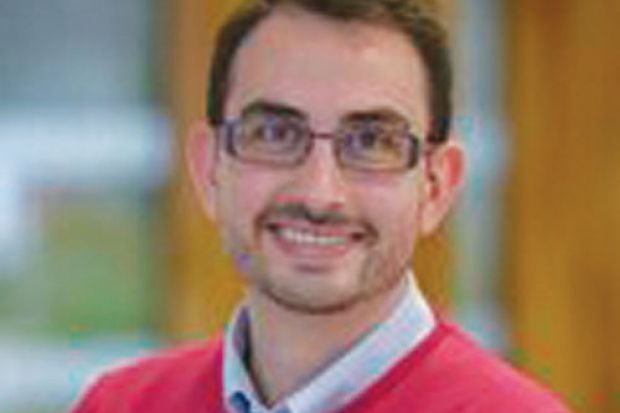Arts and Humanities Research Council
Responsive Mode Grants
- Award winner: Brian Balmer
- Institution: University College London
- Value: £368,357
Understanding biological disarmament: the historical context of the origins of the biological weapons convention
- Award winner: C. Marsh
- Institution: Queen’s University Belfast
- Value: £252,054
Hit songs and their significance in 17th-century England
- Award winner: D. T. Gennari
- Institution: Oxford Brookes University
- Value: £652,412
In search of Italian cinema audiences in the 1940s and 1950s: gender, genre and national identity
Leverhulme Trust
Research Project Grants
Sciences
- Award winner: Elisabeth Hill
- Institution: Goldsmiths, University of London
- Value: £216,005
The role of motor abilities in the development of typical and atypical social behaviour
- Award winner: V. Khutoryanskiy
- Institution: University of Reading
- Value: £160,851
Developing in vitro approaches for testing mucoadhesive drug delivery systems
- Award winner: F. McGlone
- Institution: Liverpool John Moores University
- Value: £235,639
Investigation of the role of 5-HT in psychological responses to affective touch
National Institute for Health Research
Efficacy and Mechanism Evaluation Programme
- Award winner: J. Chataway
- Institution: University College London
- Value: £2,784,701
A multi-arm phase IIb randomised, double-blind clinical trial comparing the efficacy of three neuroprotective drugs compared with placebo in secondary progressive multiple sclerosis
Health Services and Delivery Research Programme
- Award winner: Len Bowers
- Institution: King’s College London
- Value: £354,199
Seclusion and psychiatric intensive care evaluation study
- Award winner: Barnaby Reeves
- Institution: University of Bristol
- Value: £375,822
Benefit to patients and the NHS of cardiovascular magnetic resonance imaging after primary percutaneous coronary intervention
Health Technology Assessment Programme
- Award winner: Jane Nixon
- Institution: University of Leeds
- Value: £1,856,758
Pressure-relieving support surfaces: a randomised evaluation 2 (PRESSURE 2)
In detail
Medical Research Council – New Investigator Research Grant
Award winner: Diego Gomez‑Nicola
Institution: University of Southampton
Value: £496,917
Regulation of microglial proliferation and its contribution to chronic neurodegeneration
In people with degenerative diseases of the brain such as Alzheimer’s, there is growing evidence that systemic infections or inflammation may accelerate disease progression and exacerbate symptoms. This project aims to better understand the mechanisms that regulate immune-to-brain communication and the progression of chronic neurodegeneration, which could lead to the development of new preventative or therapeutic approaches. “The research is novel and ambitious, and would generate important information for the neuroimmunological and medical sciences community,” said Dr Gomez‑Nicola. “The potential outcomes would be rapidly translated into the clinics of neuropathology and would improve the quality of life of patients with such diseases.”
Register to continue
Why register?
- Registration is free and only takes a moment
- Once registered, you can read 3 articles a month
- Sign up for our newsletter
Subscribe
Or subscribe for unlimited access to:
- Unlimited access to news, views, insights & reviews
- Digital editions
- Digital access to THE’s university and college rankings analysis
Already registered or a current subscriber?
